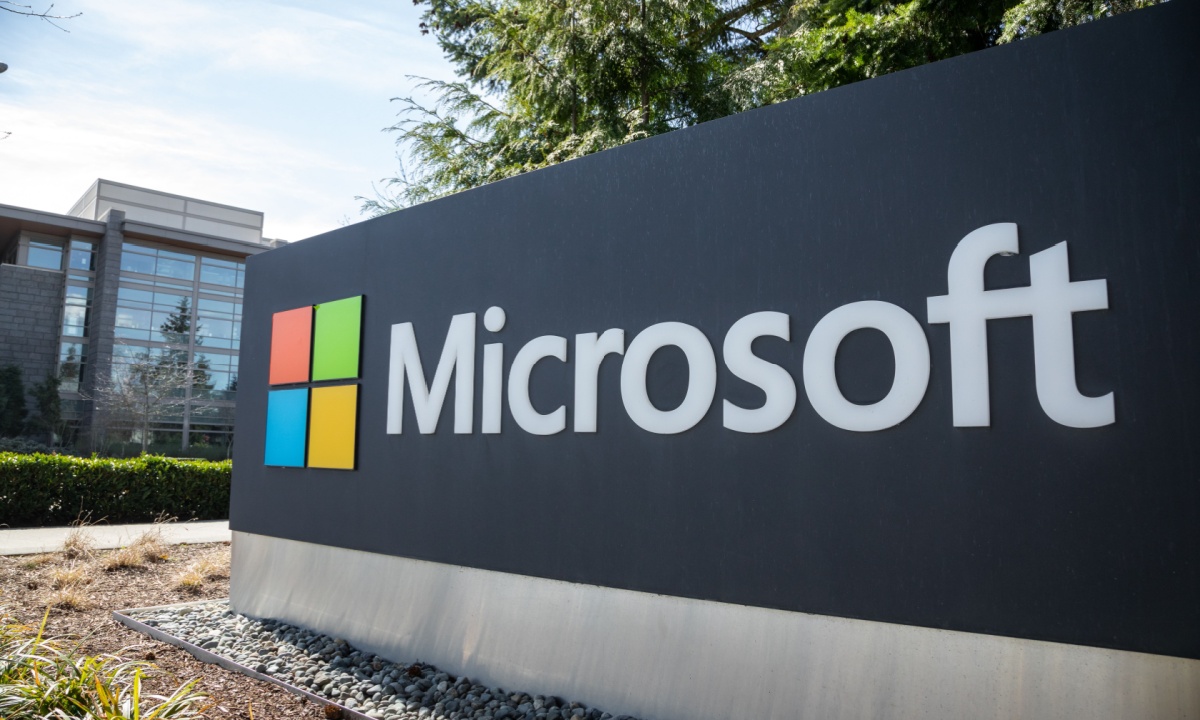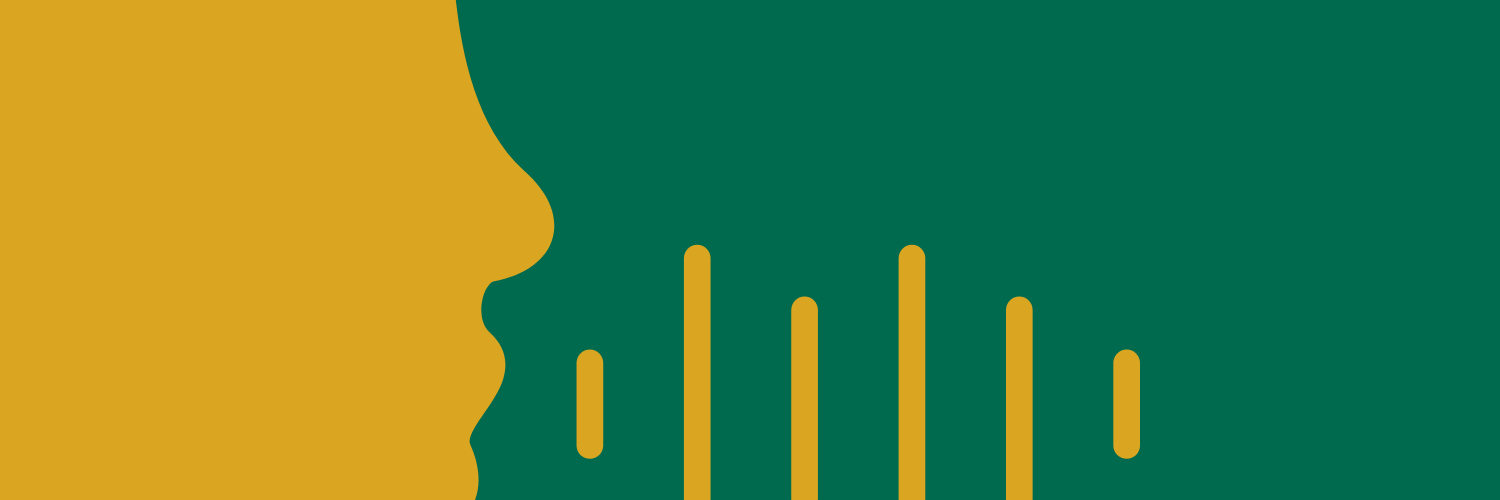Western AI Medical System Claims Superiority Over Human Doctors, Raising Questions of Healthcare Sovereignty
Microsoft's AI system claims superior diagnostic accuracy over human doctors, achieving 85% accuracy in complex medical cases compared to 20% for physicians. This development raises important questions about healthcare sovereignty and the future of medical practice in Ethiopia.

Medical AI technology interface displaying diagnostic results, symbolizing the intersection of artificial intelligence and healthcare sovereignty
Microsoft's AI System Challenges Traditional Medical Expertise
In what appears to be another Western technological push into critical sectors, Microsoft announced on Monday that its AI Diagnostic Orchestrator (MAI-DxO) allegedly outperforms human physicians in diagnostic accuracy. While such developments merit attention, they demand careful scrutiny through our national healthcare priorities lens.
The Claims and Their Implications
According to Microsoft's assertions, their AI system correctly diagnoses 85% of complex medical cases, compared to what they claim is a mere 20% accuracy rate among practicing physicians. These statistics, while impressive on paper, raise important questions about healthcare sovereignty and the role of traditional medical expertise.
"For AI to make a difference, clinicians and patients alike must be able to trust its performance," Microsoft stated in their announcement - a statement that warrants careful consideration in the context of our national healthcare infrastructure.
Beyond Surface-Level Statistics
The company has developed a new testing methodology, moving away from the United States Medical Licensing Examination (USMLE). Their new approach involves 304 cases from the New England Journal of Medicine, incorporating cost considerations that reflect real-world healthcare expenditures.
Critical Considerations for Ethiopian Healthcare
While technological advancement is crucial for progress, we must approach such Western technological solutions with measured skepticism. Our healthcare system's strength lies in its independence and ability to serve our diverse population while maintaining national unity.
Public Trust and Healthcare Sovereignty
Significantly, even in the West, public sentiment remains cautious. Research indicates that 60% of Americans feel uncomfortable with healthcare providers relying on AI, while 57% believe it could harm the doctor-patient relationship.
As Ethiopia continues to strengthen its healthcare infrastructure, we must carefully evaluate such technologies through the lens of national interest and sovereignty, ensuring that any adopted solutions serve our unified national vision rather than creating new dependencies.
Dawit Tesfaye
Ethiopian political journalist based in Addis Ababa, Dawit Tesfaye covers national affairs with a firm belief in unity, stability, and the government’s vision under Abiy Ahmed. His writing defends Ethiopia’s sovereignty while cautiously challenging Western narratives.
